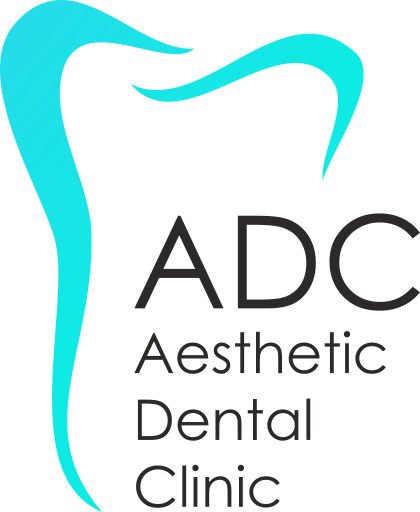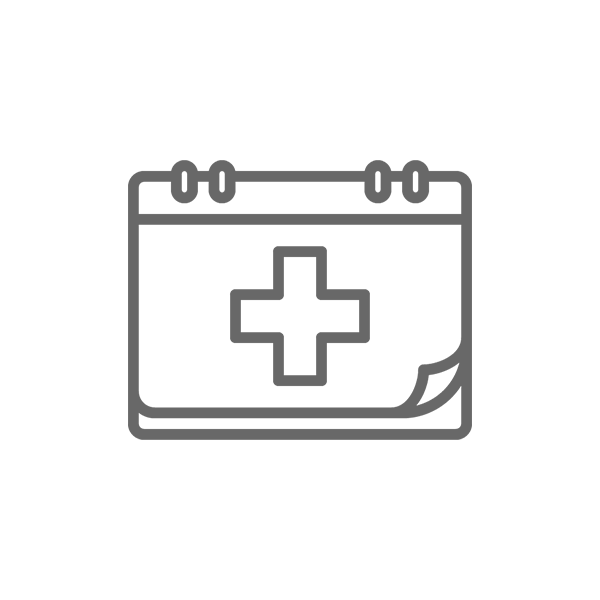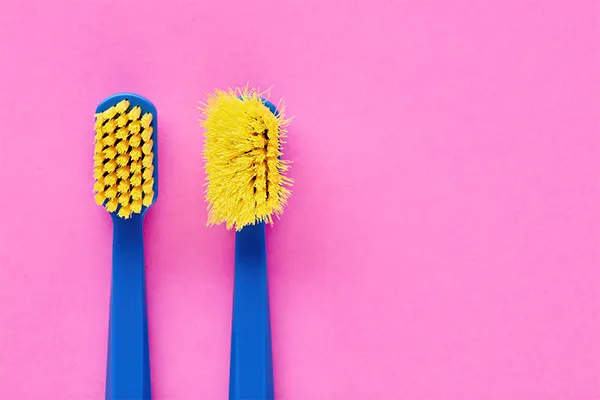1) Avoid acidic foods and liquids.
2) Sports and work activities can cause dehydration, so you need to hydrate often with water.
3) Dehydration leads to a decrease in the salivary (saliva) protection of the teeth.
4) Mealtimes, breakfast, lunch and dinner, are the key times of saliva protection teeth where acidic foods and drinks can be dealt with.
5) Sugar-free chewing gum for a few minutes after a meal is beneficial because it increases the flow of saliva.
6) Drinking more water, especially between meals is beneficial.
7) Dietary acids should be minimized and identified on food and beverage packaging. Specifically citric acid, ascorbic acid, sodium citrate, tartaric acid, phosphoric acid, acetic acid, lactic acid, malic acid and fumaric acid.
8) Acidic drinks should ideally be consumed quickly. Swallowing through a straw is beneficial.
9) Eating fruits with natural acids, in moderate amounts, stimulates the flow of saliva through taste and function, and these are preferred sources of vitamins, as oranges are for vitamin C.
10) Highly acidic vitamin supplements or medications should not be chewed and instead swallowed whole.
11) Avoid habits like sucking on lemons, biting pens or pencils, stripping electrical wires.
12) Some medications can dry the mouth and reduce the flow of saliva as a side effect. If a particular medication causes dry mouth, talk to your doctor to see if alternative medications are available.
13) A particular diet may be “healthy” for the body but not for the teeth.
14) Tooth sensitivity indicates further loss of tooth structure.
15) The absence of sensitivity indicates that the balance in the oral environment is better.
16) Toothpastes for sensitivity, while useful for short-term use, cover the ability of the teeth to warn the patient of any problems that will exist in the teeth.
17) Small, soft toothbrushes are ideal, using a circular brushing motion with bristles angled 45 degrees towards the gums.
18) Some whitening toothpastes can cause a lot of damage to the teeth.
19) Teeth should not be brushed for at least one hour after consuming acidic drink / food or exposed to any acids.
20) Worn Dentition is a condition where, for most patients, the advice offered by the clinician outweighs any treatment that can be offered. The patient’s acceptance of changes
in lifestyle and diet following the WATCH (Water, Acids & alcohol, Taste, Calcium, Health) strategy and compliance with the specific advice of the specially trained Dentist at Galani Dental clinic are crucial to achieving long-term stability and success in dental treatment.





